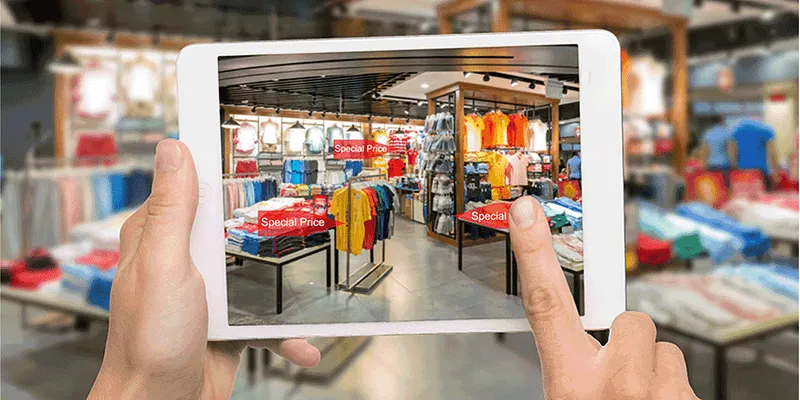MSMEs brace for the festive frenzy and other top stories of the week
This week on SMBStory, we covered how MSMEs are pulling out all stops to navigate the festive season, along with other stories.
The festive season in India presents both opportunities and challenges for micro, small, and medium enterprises (MSMEs). The period, when millions of shoppers throng to bustling markets and avail online sales, offers a substantial potential for revenue generation with the huge demand.
However, managing working capital becomes crucial as operational costs increase. To address these challenges, MSMEs explore various financing options. Some prefer banks while others rely on personal loans. Non-banking financial companies (NBFCs) are an alternative but their services can be costlier.
Businesses are anticipating significant demand increases during this festive season. For Ledure Lightings, a Delhi-based lighting services provider, a substantial portion of its annual revenue comes from the festive season, making financing options essential.
On the other hand, some entrepreneurs like Nitu Singh of Scentiments Global, face difficulties obtaining bank overdrafts and may have to rely on personal connections for loans due to limited time frames and common challenges faced by women entrepreneurs.
As consumers open their wallets to buy gifts, decor, apparel, and electronics, businesses have to ramp up their inventory to meet the demand. MSMEs must also accurately forecast and prepare for demand fluctuations or risk losing out on potential sales due to inventory shortage or overspending on excess stock.
Other stories
The Organic World

(TOW), founded by Gaurav Manchanda in 2017, advocates for a healthier and cleaner lifestyle through organic products. With a loyal customer base, the Bengaluru-based retail chain has expanded from one store to 16, launching four new franchise outlets in the last four months.
TOW offers a wide range of organic and toxin-free products, with approximately 3,000 Stock Keeping Units (SKUs) covering fruits, vegetables, staples, homecare, and cosmetics.
The company plans significant expansion, aiming for 100 stores by 2025, targeting southern Indian states and exploring Tier II and III cities. TOW anticipates 10-13% annual growth and primarily relies on brick-and-mortar stores for sales, with 10% coming from online channels and an average billing value of Rs 900-1,000.
One of TOW's initiatives, the Not In Our Aisle list, comprises around 25 chemicals and harmful ingredients—including notorious additives like high fructose corn syrup, artificial flavourings, and parabens, among others—prohibited from appearing on the store's shelves.
By establishing such stringent standards, TOW encourages the brands it partners with to reformulate their products and adhere to healthier options.
MSMEs and ecommerce

A survey by the Indian Council for Research on International Economic Relations (ICRIER) reveals that over 85% of ecommerce-integrated MSMEs reported increased total sales and profit margins, with most experiencing growth of up to 30%.
Improved market access was the most widely reported benefit, expanding MSMEs' customer base. The survey covered 2,007 MSMEs in various product categories across multiple cities.
Younger, more educated owners were more likely to integrate with ecommerce platforms, and women-owned MSMEs demonstrated noteworthy integration, highlighting gender equality potential in ecommerce adoption. Firms with an export-oriented focus were also more likely to integrate with ecommerce platforms, indicating a positive relationship between export orientation and ecommerce adoption.
Further, about 42% of integrated enterprises obtained loans easily after integration. A majority (75%) believed that having a presence on ecommerce platforms would have improved their ability to raise external finance.
Edited by Kanishk Singh







